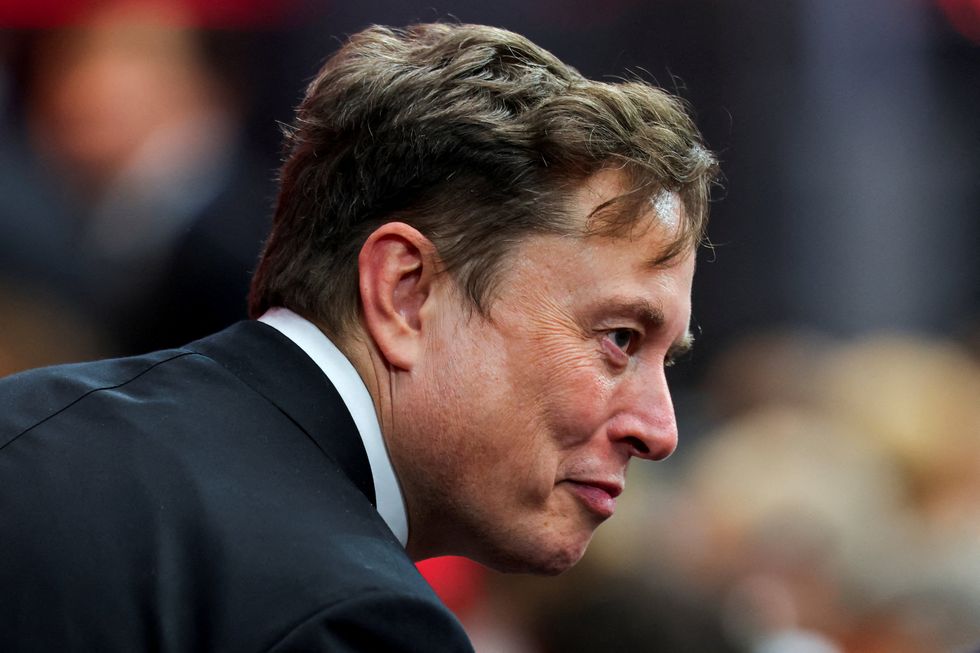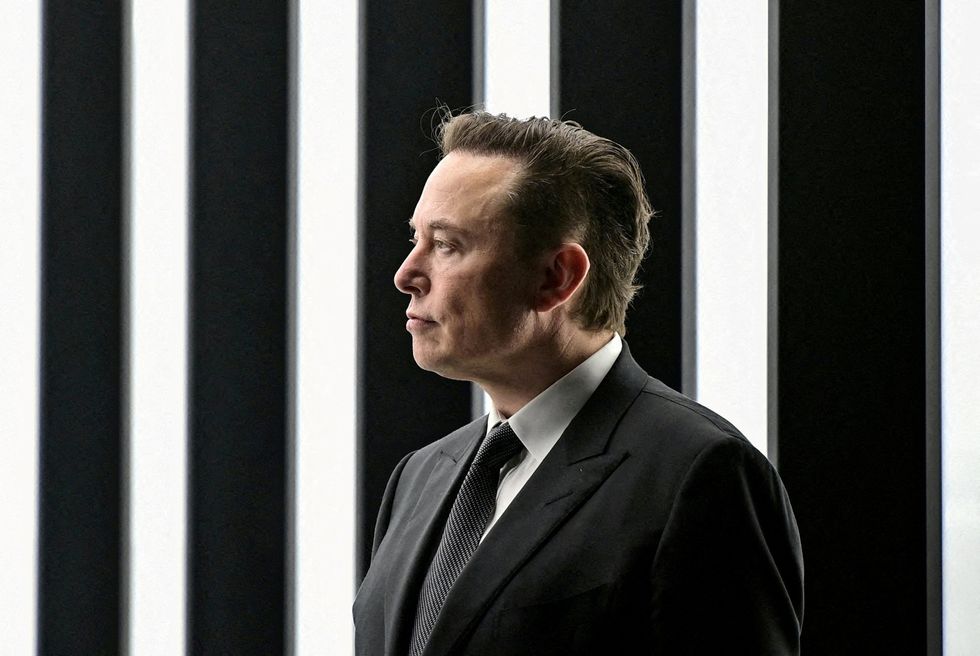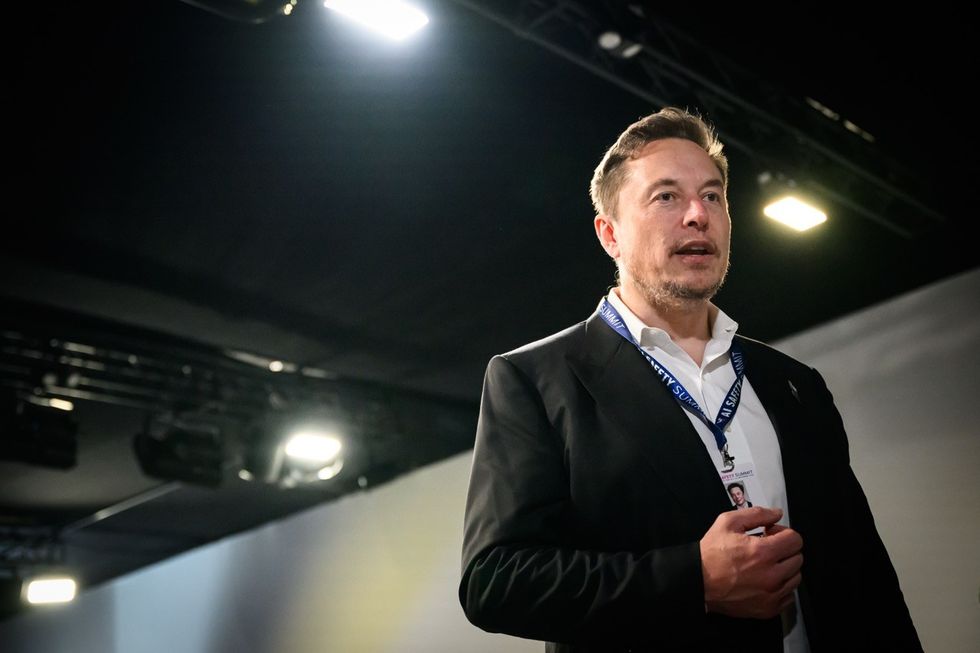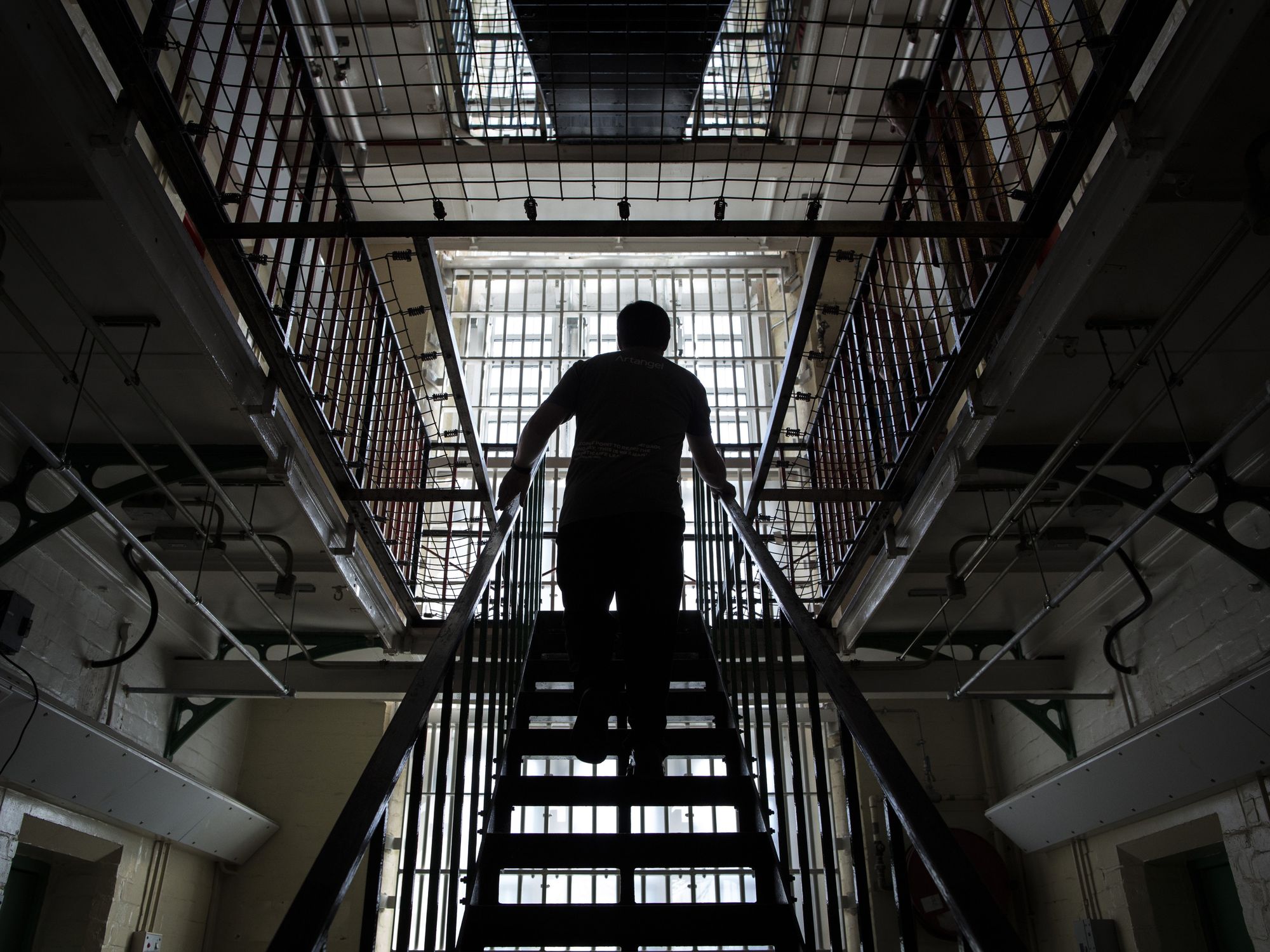Elon Musk 'rewriting history books' with AI research into ancient Rome

He suggested AI could address gaps in historical knowledge by creating 'a new history book based entirely on ancient material and archaeology'
Don't Miss
Most Read
Trending on GB News
Elon Musk declared he is "rewriting history books" with AI research into ancient Rome.
The technology billionaire announced significant funding for digital heritage projects focused on the classical world.
Speaking at an awards event in Rome on Friday, the entrepreneur revealed that his charitable foundation has provided $1million to support innovative archaeological initiatives that employ AI technology.
Musk said: "I am interested in history and Rome constitutes a large part of the history of Western civilisation."
He suggested AI could address gaps in historical knowledge by creating "a new history book based entirely on ancient material and archaeology".
The ceremony took place at the Capitoline Hill mayor's office, a location that once housed ancient Rome's Temple of Jupiter, considered the most sacred site in the classical city.
The event marked the presentation of the Expandere Conscientiae Lumen prize, a competition organised by the American Institute for Roman Culture to advance understanding of Greco-Roman civilisation.
Archaeological teams received grants for projects that combine digital innovation with classical research.

Elon Musk declared he is 'rewriting history books' with AI research into ancient Rome
|REUTERS
The technology entrepreneur, who has previously referred to himself as the "Imperator of Mars" and compared his social media platform to a colosseum arena, emphasised that the winning initiatives demonstrated AI's capabilities extend beyond text generation.
Among the successful proposals was a project employing AI-enhanced drone technology and photogrammetry to document Greco-Roman sites across Jordan, from Jerash's ancient colonnades to Amman's Roman amphitheatre, creating detailed three-dimensional records of structures threatened by environmental degradation.
A separate initiative seeks to trace ancient Roman commerce networks through geological analysis of pigments in Pompeii's wall paintings, combined with computer modelling of historical maritime routes incorporating period-specific weather data and vessel capabilities.
The competition attracted international participation, with five Italian teams securing grants alongside researchers from Morocco, Tunisia and Albania working on various digital heritage preservation projects.
LATEST DEVELOPMENTS:

The technology billionaire announced significant funding for digital heritage projects focused on the classical world
|REUTERS
Italy's digital archaeology sector is experiencing broader technological transformation beyond the prize-winning projects.
Researchers in Naples are employing X-ray technology and computational methods to "digitally unroll" carbonised Roman scrolls from Herculaneum, destroyed in the Vesuvius eruption.
This initiative, which identified texts by the Epicurean philosopher Philodemus and located Plato's garden burial site, secured £2million from Mr Musk earlier this year.
At Pompeii, teams utilise laser-equipped drones and three-dimensional modelling to recreate vanished upper storeys and astronomical observation platforms of ancient residences.

Elon Musk, who served as Chief Executive of SpaceX, Tesla, and The Boring Company for years, acquired Twitter for $44billion
| PRESS ASSOCIATION"We can reconstruct experiences, spaces and social dynamics of the time," explained Gabriel Zuchtriegel, the archaeological park's director general.
Marta Modolo, an AI archaeology expert at Milan University, analysing Neolithic animal remains from central Italy, added that the technology could compress research timelines from years to months whilst minimising human error.
Our Standards: The GB News Editorial Charter











